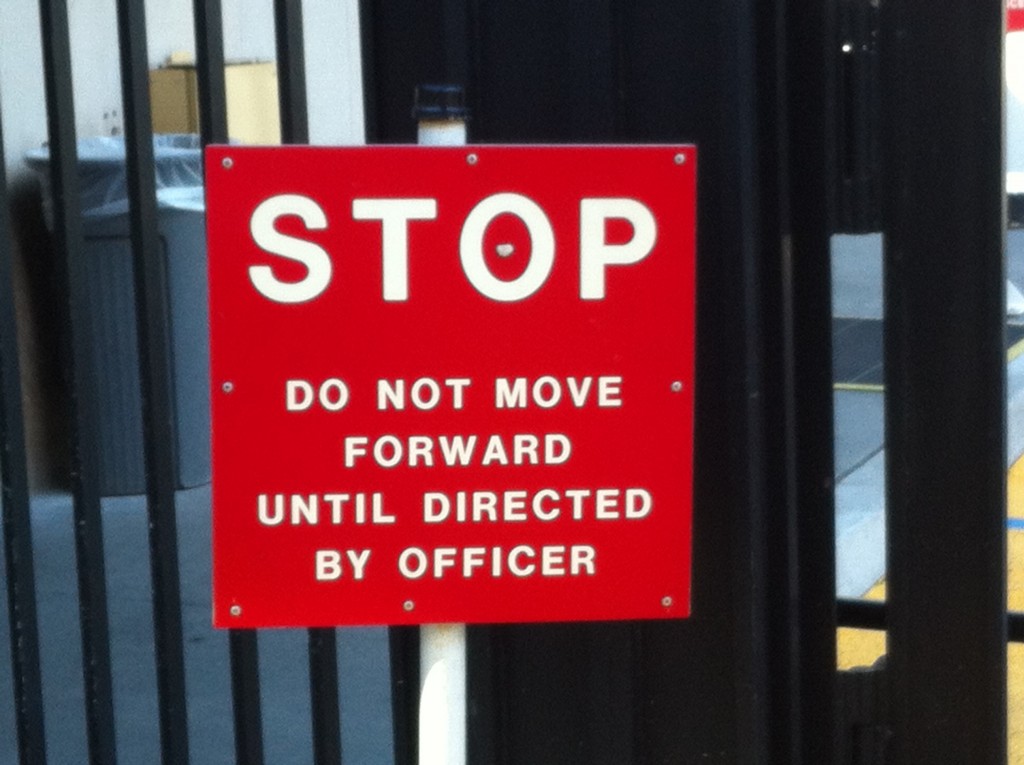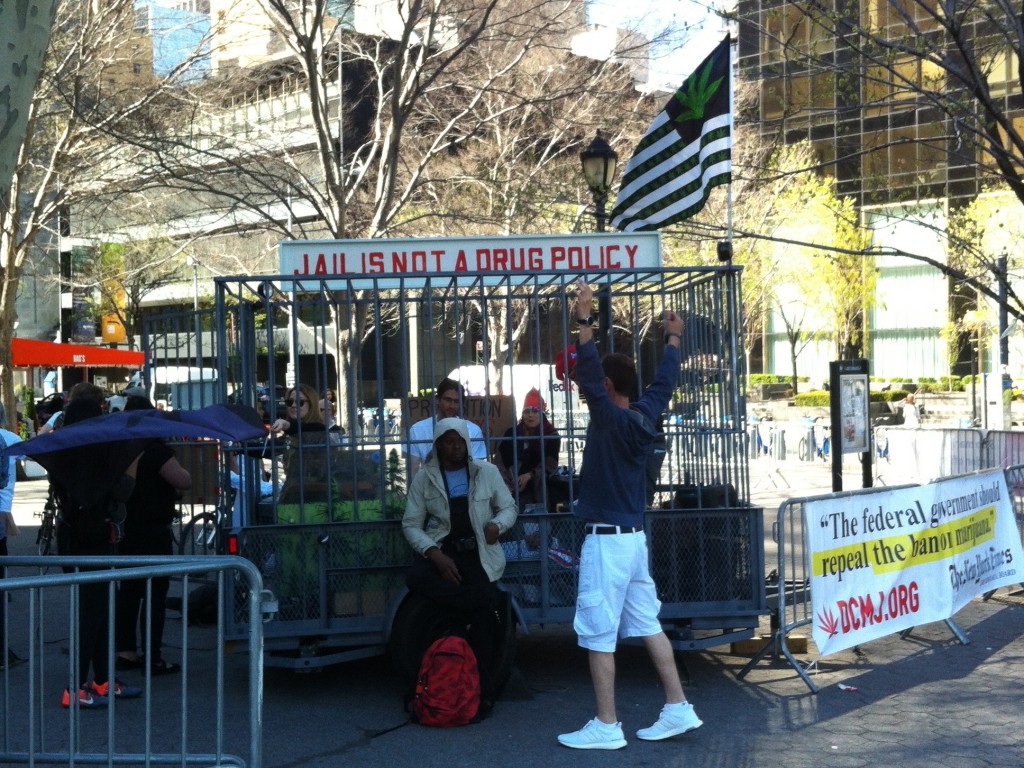I have just watched the closing plenary session of the 2016 UN General Assembly Special Session on the world drug problem here in New York. Presidents and Prime Ministers will now move on to the climate change summit that opens tomorrow, and the thousands of government and NGO delegates who have filled the UN building in Manhattan over the last 3 days will catch their flights back to all corners of the globe. So was it worth it – three years of preparation, tens of millions of dollars of travel and meeting costs, and countless hours of debate and negotiation. Is the international community any better placed to reduce the health, social and economic problems associated with illicit drug markets?
Judging by the consensus declaration agreed here by all member states, the answer has to be no. It is 14 pages of dense text that, despite some welcome statements on some issues, is broadly a recommitment to current policies, and fails to engage with the serious questions facing a drug control regime that is no longer fit for purpose.
There have however been some signs that the presumption in favour of repression and law enforcement approaches to drug markets and drug use is breaking down. A strong opening speech by Margaret Chan (Director General of the World Health Organisation) set the tone for many, by making a clear call for prioritising resources and attention to protecting the health of drug users, rather than criminalising them. Many countries took up this theme, some specifically calling for decriminalisation of drug consumption, and others condemning the application by repressive regimes of the death penalty for drug offences. In a sign of the growing rift between reforming and hardline countries, Indonesia responded with a statement on behalf of a group of around a dozen death penalty states, arguing that the use of the death penalty was effective, and it is the sovereign right of governments to decide whether to use it.

A sign outside the UN headquarters – it could just as well be describing their approach to drug policy (Source: Henry Fisher)
A small number of progressive member states went further in their calls for an entirely new approach. Leaders from Colombia, Bolivia, Uruguay, Mexico, Jamaica, the Czech Republic, New Zealand and Canada, for example, all made it clear that they favoured urgent and significant reforms – including the introduction of regulated markets – and some of them will continue to pursue these reforms, despite the lack of agreement at UN level.
The UNGASS was called by the Presidents of three Latin American countries – Mexico, Colombia and Guatemala – who were increasingly concerned that the war against drug production and trafficking in their region was making the problems of organised crime and violence worse, and that a serious review of the dominant policies of the last 50 years was therefore needed.
Meanwhile, the real world of drug markets and consumption was not waiting for any UN agreements. Rates of drug production, supply and consumption are continuing to increase (no sign of that drug free world that the previous UNGASS hoped for in 1998); the introduction of new drugs – and new methods of production and supply – is far outstripping the ability of governments to respond; and many governments and local administrations are pursuing policies that call into question the principles behind the drug control regime, or (in the case of regulation of recreational cannabis markets) are actually in breach of the UN drug treaties.
In the light of these realities, the most remarkable thing about the UNGASS, and specifically the outcome declaration, is what has been left out.
- There is no discussion on the hottest topic of drug policy debate around the world – whether legalised and regulated markets can effectively undermine the harms of an illegal market, without creating greater new problems. These are crucial policy questions that need to be carefully reviewed, particularly as 6 jurisdictions are already implementing legal markets for cannabis, and several others are planning to. These policies are in clear breach of the UN drug control treaties. But no country wants to talk about it.
- There is no discussion of the reality that, despite decades of massive political commitment and investment, the illicit drug market is now larger, more diverse, and established in more countries, than ever. Prices to consumers are lower, and profits to organised crime higher, than when the drug control treaties were enacted. Despite all the surreal talk of creating a ‘drug free world’, or a ‘society free of drug abuse’, it is clear that some form of market for psychoactive substances is here to stay – the question is, what sort of a market is least harmful? There are a number of possible answers to that question, but I’m almost certain that none of them is ‘a market controlled by criminals’. But no country wants to talk about it.
- There is no discussion of the right to health. One of the human rights obligations that all member states have signed up to is to take all reasonable steps to promote and protect the health of their citizens. The scientific evidence on how to achieve this – in treating drug dependence, in preventing HIV and Hepatitis infections, and in preventing overdose deaths – is clear. But many countries refuse to implement evidence based interventions because they think it undermines a zero tolerance approach to drugs. As a result, they are breaching the right to health of their citizens, and knowingly exposing thousands of their citizens to early and avoidable deaths. But no country wants to talk about it.
- There is no discussion of the fact that all the relevant UN agencies – those that deal with health, development, human rights, gender and families – all made clear calls to member states to use the UNGASS to signal a clear turning point in global drug policy – ending the repressive war on drugs approach, and integrating drug policies into the wider objectives of the international community. All UN bodies joined in a call to member states to decriminalise drug consumption – while the drugs and crime agency failed to join this call, it did also provide member states with much progressive advice on how to reform their domestic policies. But very little of this advice found its way into the UNGASS declaration, and no country wants to talk about it.
This avoidance of difficult topics arises from the increasing polarisation of countries’ views on how to deal with drug markets and drug use. There are some powerful countries that are determined to preserve the war on drugs – Russia, China, Pakistan, Indonesia and Egypt form a formidable barrier to change – while others are desperate for change. Significant powers such as the USA and the European Union stayed on the sidelines – the USA because it is in the embarrassing position of having for decades been the cheerleader for the war on drugs, but now one of the first countries to be in breach of the drug control treaties. The European Union because drug policy is not high on their political agenda, and because they themselves find it hard to get any sort of consensus between their 28 member states.
So, the idea that all governments can get together and agree a common way forward through the United Nations seems rather unlikely now. They will meet again in three years time, and a reasonable prediction is that many of these diplomatic dynamics will be the same – this inertia in the face of such urgent situations on the ground is indefensible, and runs the risk of making the UN system irrelevant as countries just get on with the policies that they think are best for their citizens.
Mike Trace is the former UK Deputy Drug Czar and Chair of the International Drug Policy Consortium (IDPC).


